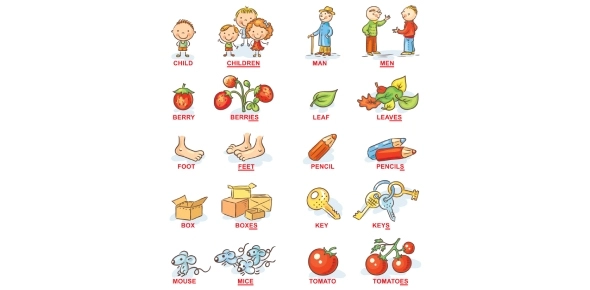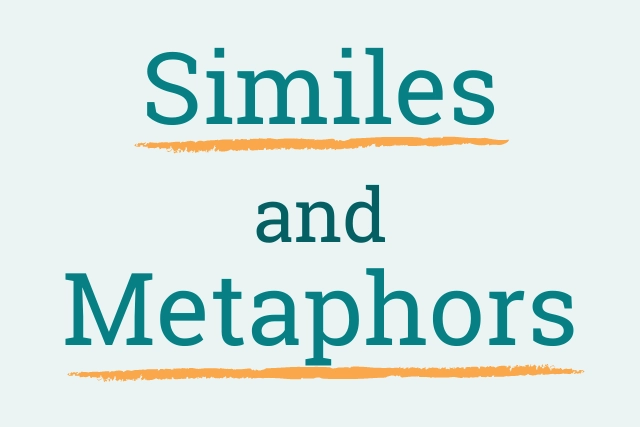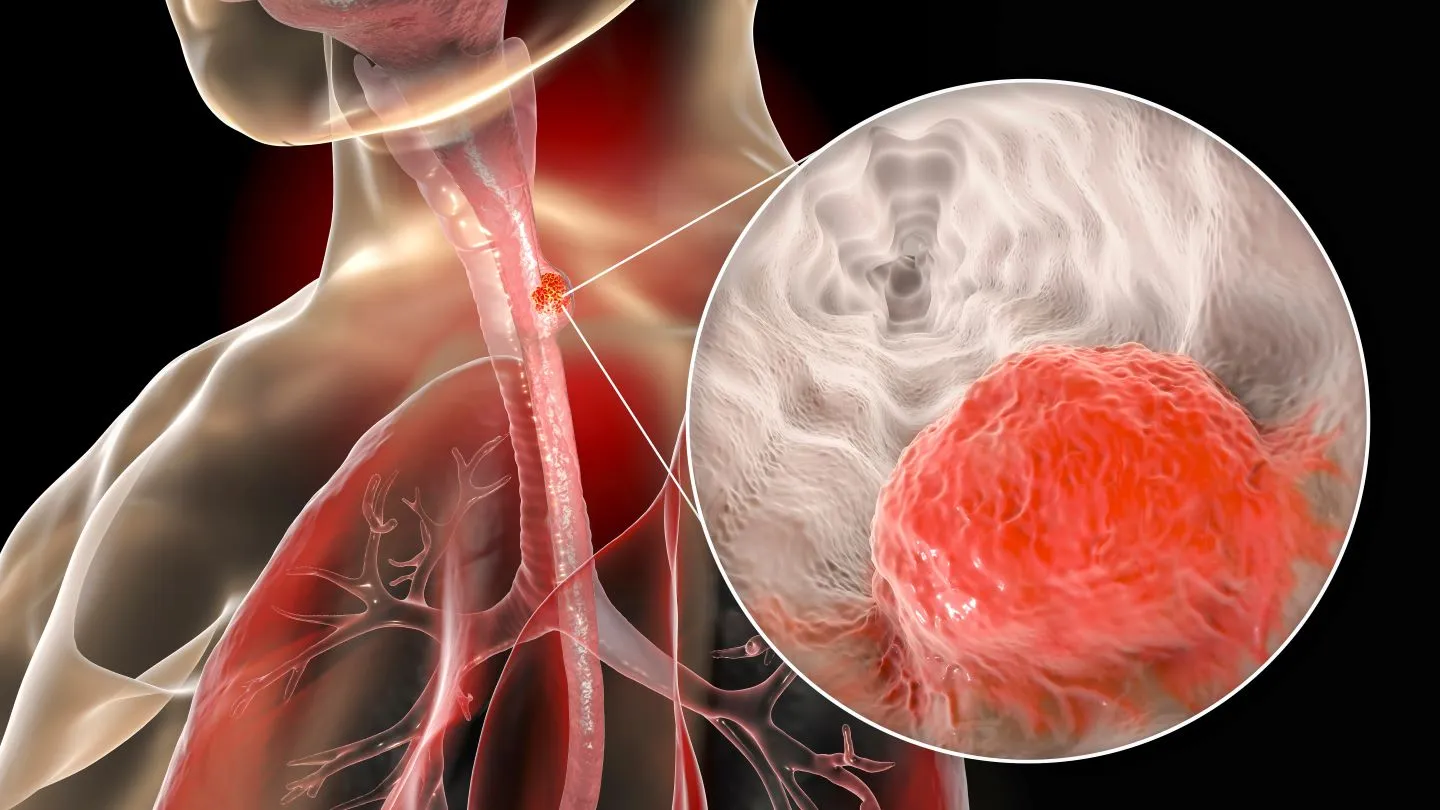
Test your knowledge of singular and plural nouns with our comprehensive quiz! Enhance your grammar skills by mastering regular and irregular forms, spelling changes, and special plural rules. Take the challenge now to ensure clear and accurate communication.
Questions and Answers
What's inside the Master the Art of Singular and Plural Nouns: Take the Challenge quiz
Which is the plural form of 'analysis'?
Select the correct plural form of 'bacterium'.
Select the correct plural form of 'phenomenon'.
Select the correct plural form of 'analysis'.
Select the correct plural form of 'analysis'.
Select the correct plural form of 'criterion'.
Quiz description
Enhance Your Grammar Skills with Singular and Plural Nouns
Understanding singular and plural nouns is fundamental to mastering English grammar. Whether you're a student aiming to improve your writing or a professional striving for clear communication, this knowledge is indispensable.
Why Singular and Plural Nouns Matter
Singular nouns represent one person, place, thing, or idea, while plural nouns indicate more than one. Correct usage ensures your sentences are precise and easily understood.
Regular and Irregular Plurals
Most nouns form their plural by adding an 's' or 'es'. For example, 'cat' becomes 'cats' and 'bus' becomes 'buses'. However, some nouns have irregular plural forms, such as 'child' to 'children' and 'mouse' to 'mice'. Mastering these exceptions is crucial for fluency.
Spelling Changes and Special Rules
When forming plurals, certain spelling changes occur. Nouns ending in 'y' often change to 'ies' (e.g., 'city' to 'cities'), while those ending in 'f' or 'fe' might change to 'ves' (e.g., 'wolf' to 'wolves'). Additionally, some nouns remain the same in both singular and plural forms, like 'sheep' and 'species'.
Common Mistakes to Avoid
- Misusing irregular plural forms
- Incorrectly adding 's' or 'es'
- Overlooking nouns that do not change in plural
By taking our Singular and Plural Nouns Quiz, you can identify areas for improvement and reinforce your understanding of these essential grammar rules. Whether you're preparing for exams or enhancing your everyday communication, this quiz is a valuable resource.











